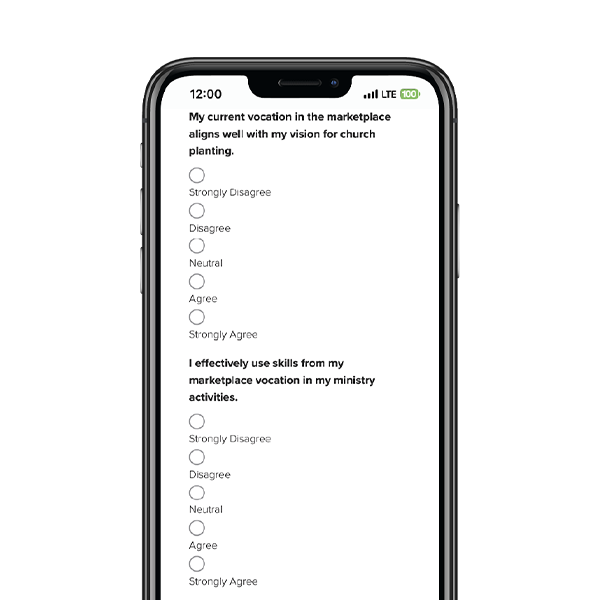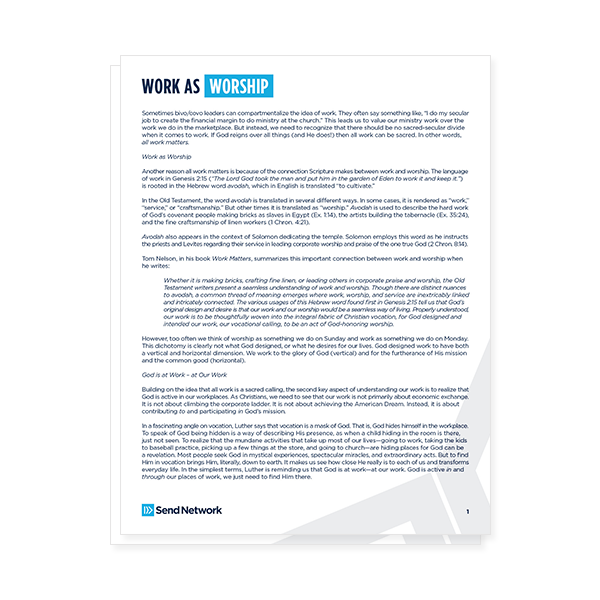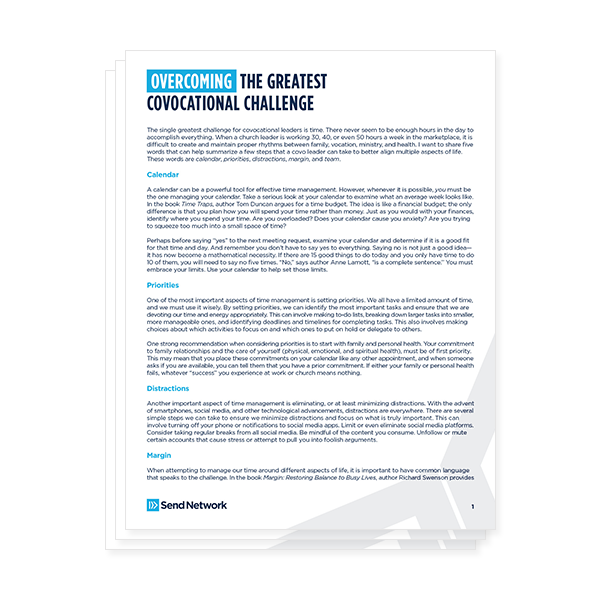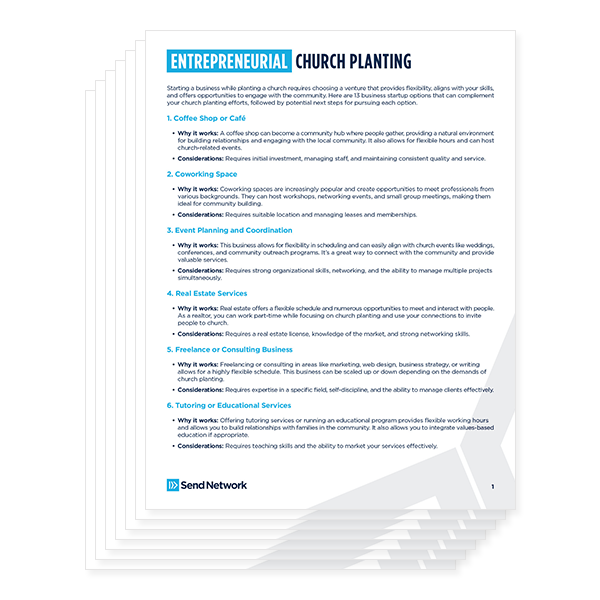Planting, and then pastoring that church in the years that follow, is an ever-shifting role that changes year by year as the church matures and as the planter/pastor grows and changes as well. Here are a few of the lessons that I am continuing to learn that I wish would have known in years 10 and beyond.
Longevity brings countless blessings
During the first years of the plant I wanted to believe what I had heard that longevity was often a wise and fruitful path in ministry in a local church. At the same time, there were moments over the years when I was discouraged or tired or intrigued by a potential new adventure that made me want to consider other options. Had I really believed in the wisdom of longevity I could have spared myself some of the anxiety that came in those early days and been more content to stay that course. I have found longevity to offer so many joys in personal relationships and fruitfulness within our church and in the community. Personally, I have found longevity to offer even more blessing than I had first imagined.
Running a marathon is hard and painful.
I often have thought of ministry, in general, and planting/pastoring in particular as a marathon and not a sprint. A marathon has challenges and some level of pain throughout and that is true as the church and the planter ages. Along with the joy of longevity has also come the deep and profound pain of seeing the destructive power of sin in people’s lives and the depth of pain found in walking through the valley of mourning with those in the congregation. I have found that as the length of the relationship grows over the years that the pain that can come is greater as well.
Learning is just as important as it was on day one.
Growing as a pastor and leader was important as I started the church but the need for growth and continued learning has not lessened as the years have gone by but has actually increased. I have needed to grow as a leader in each season of our church and so continue to try to put myself in a position to grow through reading, listening, coaching, pursuing formal and informal opportunities for growth.
With time, it’s easy for a church to turn inward.
It seems it is often natural that as a church ages the interests and efforts can turn inward to a much greater degree. Certainly there is a natural maturing that happens in a church and significant care, development and pastoring should be done and those efforts are healthy. But it is very possible for the turn inward to be unhealthy and lessen the outward engagement of the church. It takes significant effort to work against this inward turn and to continue to lead the church to engage the community.
Planting additional churches in a costly joy.
Leading your church to plant other churches is good and right and the wise kingdom choice. It is a source of tremendous joy to see a new church planted so that the gospel is taken to a new community. But there is no question that it is painful and costly to plant churches well. For parents to have a baby is a good and beautiful reality but there is no mistaking that it is costly. I knew that it would be costly to plant churches but to plant them well means sending out people whom you love and have shared life with so that they may join the new plant and with that often comes a real, costly joy.
Published October 6, 2016




